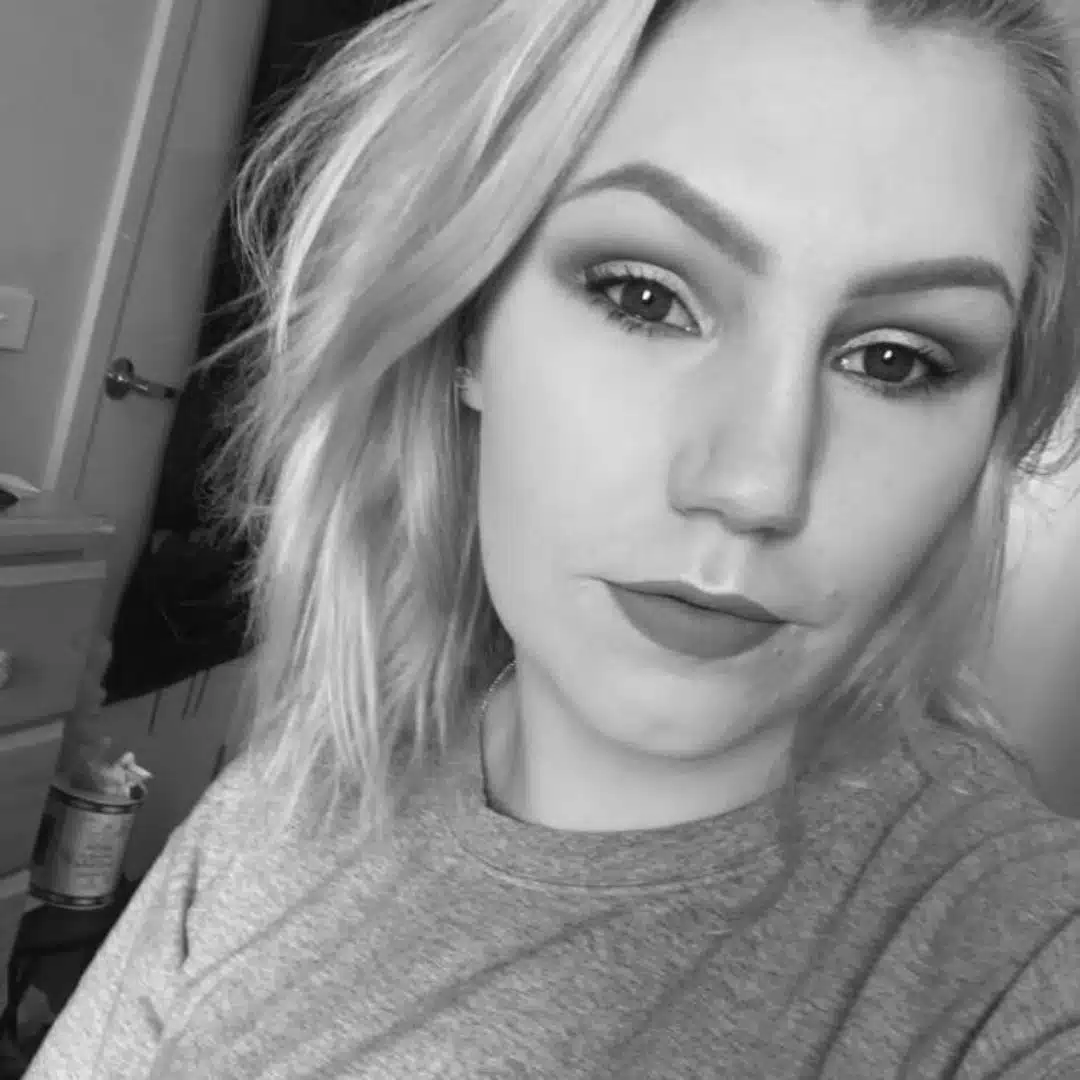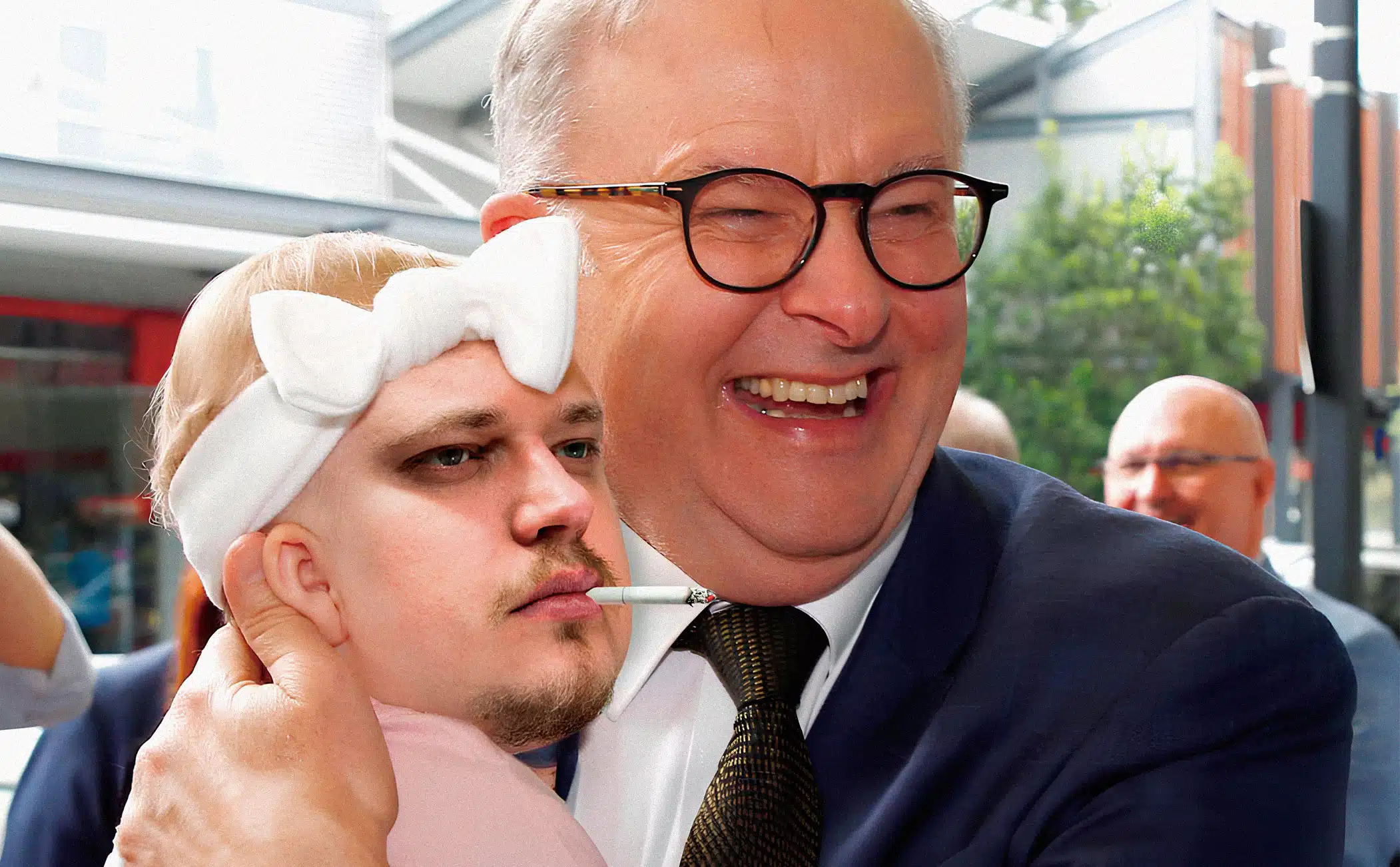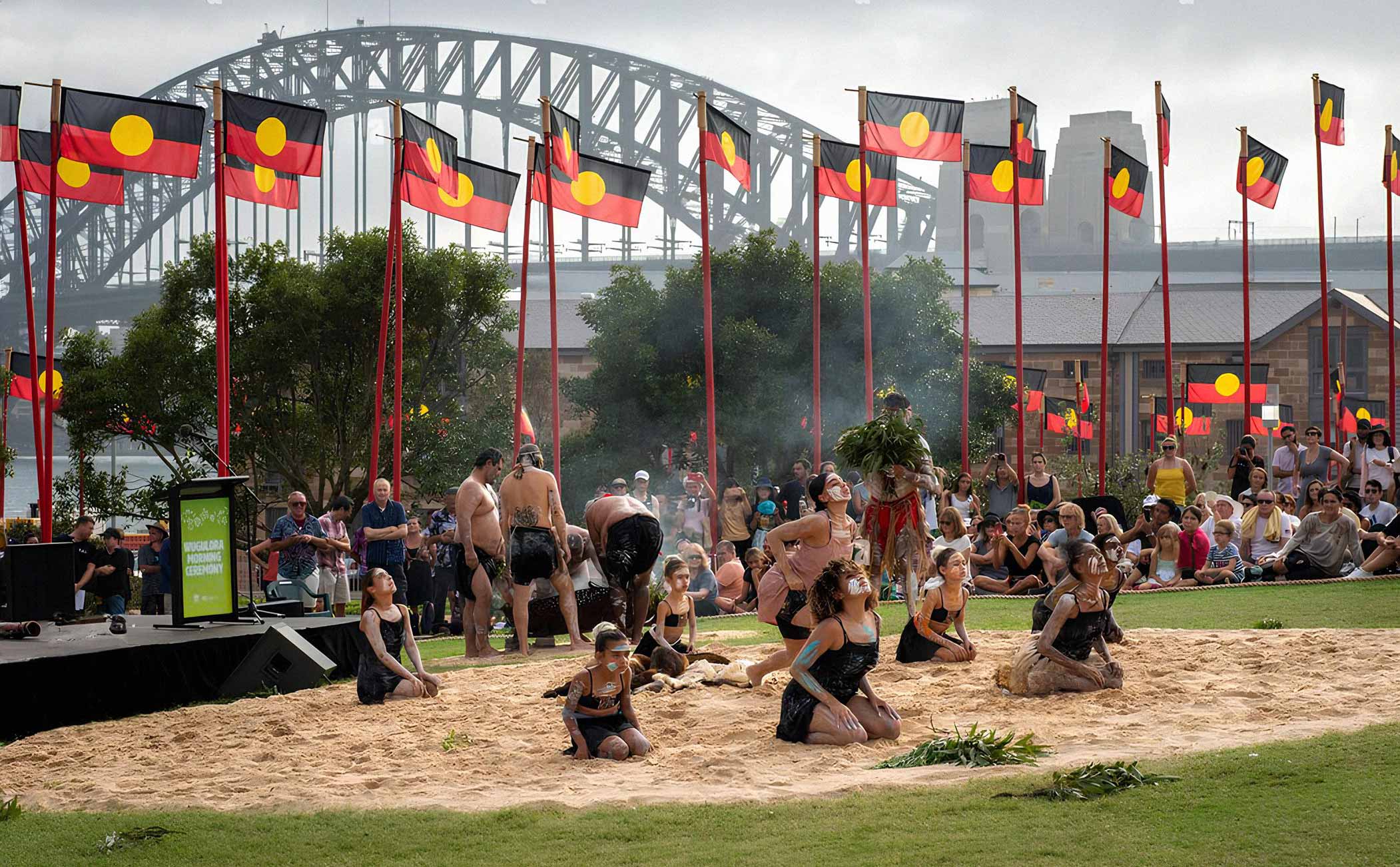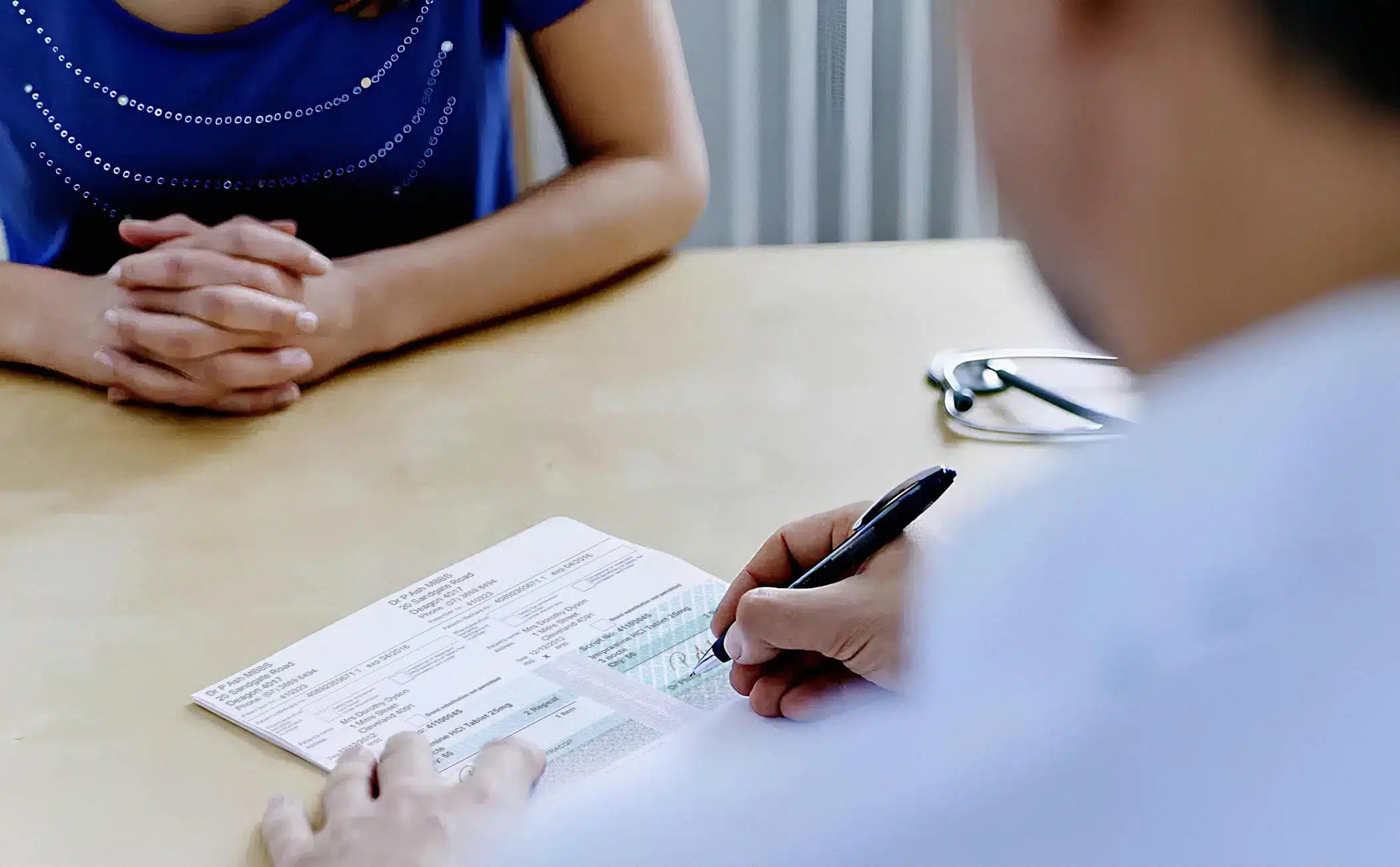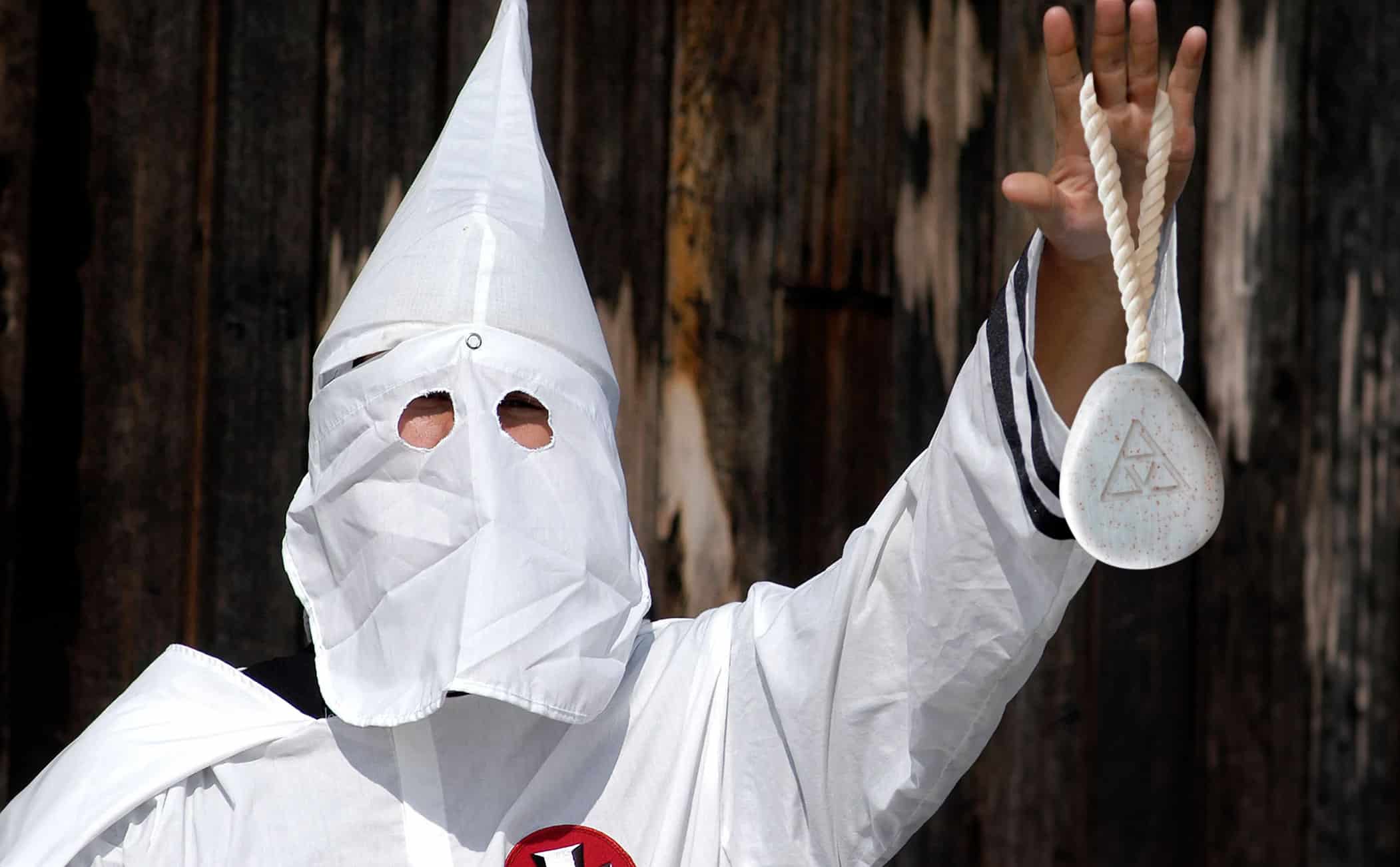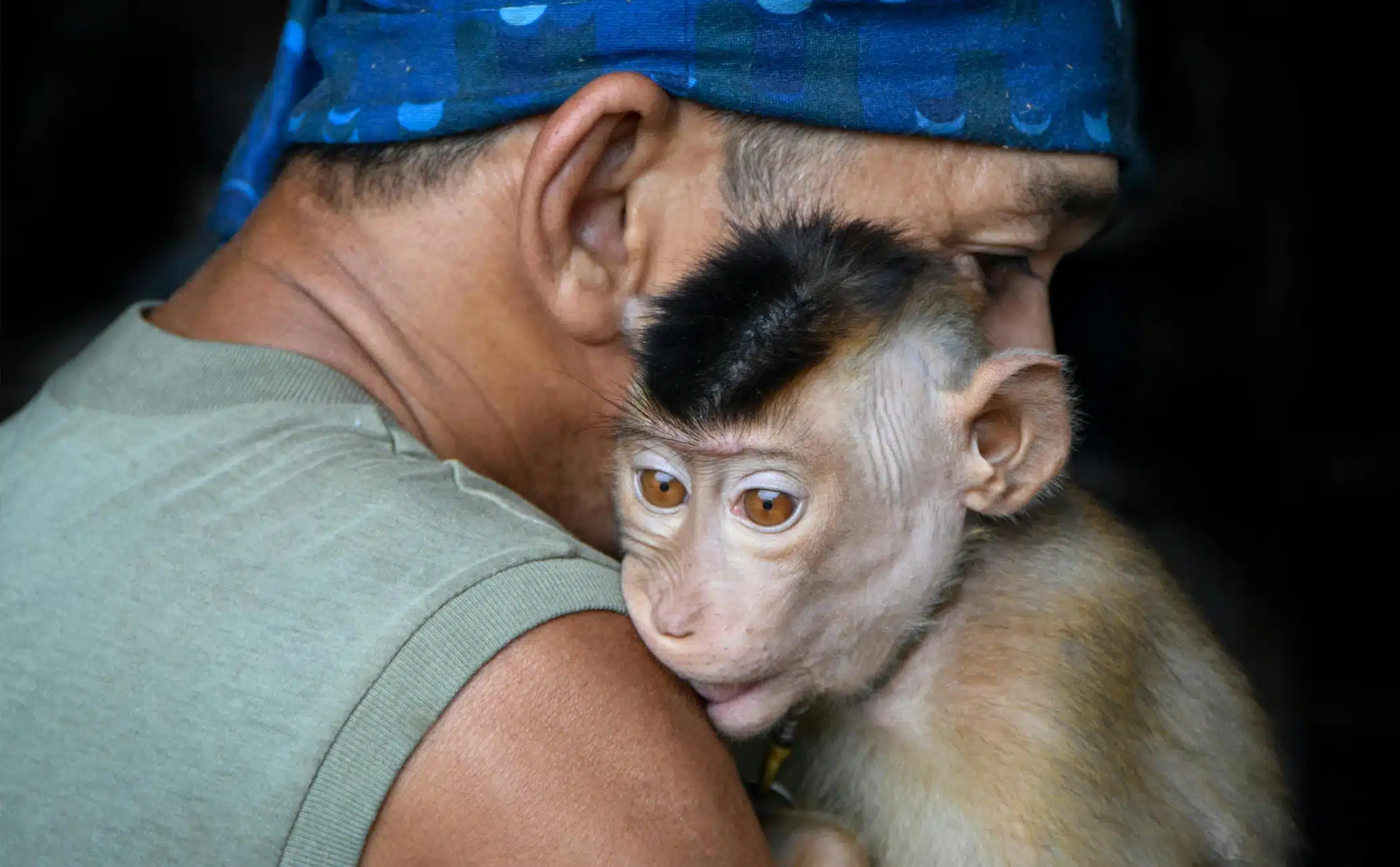What Is Roaccutane?
Roaccutane (also known as Accutane) is the shelf name of the drug Isotretinoin which is a derivative of vitamin A and is a non-addictive drug that is most commonly used to treat severe cases of cystic acne that hasn’t responded to other forms of treatment or diet changes.
How Does Roaccutane Work?
Roaccutane belongs to a group of drugs known as retinoids. Retinoids work by reducing the amount of oil (also referred to as sebum) produced by the body that is secreted through the skin, which in turn reduces clogged pores and inflammation caused by bacteria on the skin.
This bacteria is the biggest cause of cystic acne and acne nodules.
What Are the Side Effects Of Roaccutane?
Like any other drug on the market, there is likely to be some kind of side effect noted. Antibiotics throw off your gut health and can cause thrush, the contraceptive pill can cause hormonal imbalances and Roaccutane is no different in the fact that there are side effects, the only difference Roaccutane has on the matter is that these side effects hit pretty much everyone that takes it.
Dryness
Dryness is one of the most significant side effects of Roaccutane and is the most common complaint from patients, regardless of dosage. Roaccutane works by drying the oil glands in your skin and preventing them from producing that oil that clogs your pores, however, because it can’t pinpoint the oil-producing glands in your skin, it ends up drying your whole body out. Your lips, your hands, your scalp – everything dries out.
You may notice that your skin becomes flaky and hard to keep moisturised, whilst annoying, this is completely normal. This dryness may also cause bloody noses and skin fragility, your skin may become so dry and brittle that the skin may tear and cause open wounds. Your eyes will likely also become exceptionally dry and this may even affect your eyesight, especially at night, lubricating eye drops will be your best friend, next to super hydrating hand cream and lip balm.
Insomnia & Depression
Insomnia is an annoying side effect with no notable cause that can lead to depression which is another unfortunately common side effect and one that Roaccutane users most fear. It is not something that is understood by doctors, however, some experts have hypothesised that isotretinoin can affect the central nervous system and can change the brain’s pathways leading to depression and mental instability. Doctors and dermatologists suggest that if you’re feeling suicidal, cease taking the medication and seek medical assistance.
Sensitive Skin
Skin sensitivity to light is a frustrating side effect, especially if you live in a warmer climate. You really need to be on top of your SPF applications throughout the day otherwise you can really damage your skin.
Joint Pain
Joint pain is also a common complaint as the drug can cause membrane damage in joints, this is a more severe complaint and if it persists, definitely speak to your doctor.
Birth Defects
Most of the side effects of Roaccutane (isotretinoin) are not gender specific. Male or female, you’ll likely experience the same side effects, however, females have the added side effect of birth defects should they fall pregnant whilst on isotretinoin treatment, because of this, your dermatologist will probably suggest using an oral contraceptive as well as a physical form of contraceptive for the duration of your treatment.
Best Moisturiser For Roaccutane In Australia
Staying on top of the excessive dryness is key to staying comfortable while you’re taking Roaccutane.
When looking for moisturisers for your skin, you need to look for one that contains zero oil. When you’re on Roaccutane, your body will purge excess oil so adding extra oil to your skin will not be helpful. Your skin needs to learn how to adapt without the oils. Something simple such as vitamin E or Sorbelene cream is all that is needed to help combat dryness. Cetaphil, DermaVeen, Aveeno and CeraVe all do really good, thick moisturising lotions that are oil-free and fragrance-free.
Staying hydrated from within is very important too, drinking at least 2L of water a day will keep your blood flowing and organs working properly and help your liver to flush out possible toxins.
Can You Drink On Roaccutane?
Drinking while on Roaccutane is not recommended. Prior to starting treatment, you will need to have blood work done to test your liver and kidney function to make sure they can handle the load of the intensive treatment you’re about to start. Drinking alcohol will only put extra pressure on your liver making it harder to flush the toxins out of your body and this can make you very unwell.
Alternatives To Roaccutane In Australia
If the thought of taking Roaccutane worries you after the damning side effects listed above, you can also take vitamin A supplements which may be kinder on your body, however, this needs to be very closely monitored by a healthcare professional. Do not start vitamin A therapy without speaking to your doctor first.
Tazarotene (brand name Zorac) is a perfectly viable alternative to Roaccutane, and is a topical cream applied to the skin. It isn’t specifically made to treat acne, but it has been shown to be very effective.
Adapalene (brand name Differin) is a topical retinoid that targets acne by penetrating the skin and clearing out the pores, leaving skin texture greatly improved.
Can A GP Prescribe Roaccutane In Australia?
In Australia, isotretinoin prescriptions and subsequent follow-ups through your Roaccutane journey must be facilitated by a licensed dermatologist, not a general practitioner. A GP should be your first appointment to try other methods of treatment before then getting a referral from your GP to a dermatologist.
What is the Price of Roaccutane?
Roaccutane is a prescription-only medication. At the lowest dosage of 10mg, the prices for a month’s supply start at $20 a box. Often your dermatologist will start you on a lower dose and increase it as necessary. On average, you’re looking at $30-$40 per month for isotretinoin treatment.
How Long Does Roaccutane Take To Work?
Isotretinoin treatment may last as little as four months, or as long as a few years depending on the severity of your acne.
In the Roaccutane before and after, this female patient was on 30mg twice a day for six months prescribed by her dermatologist – after 4 years, her acne hasn’t returned.
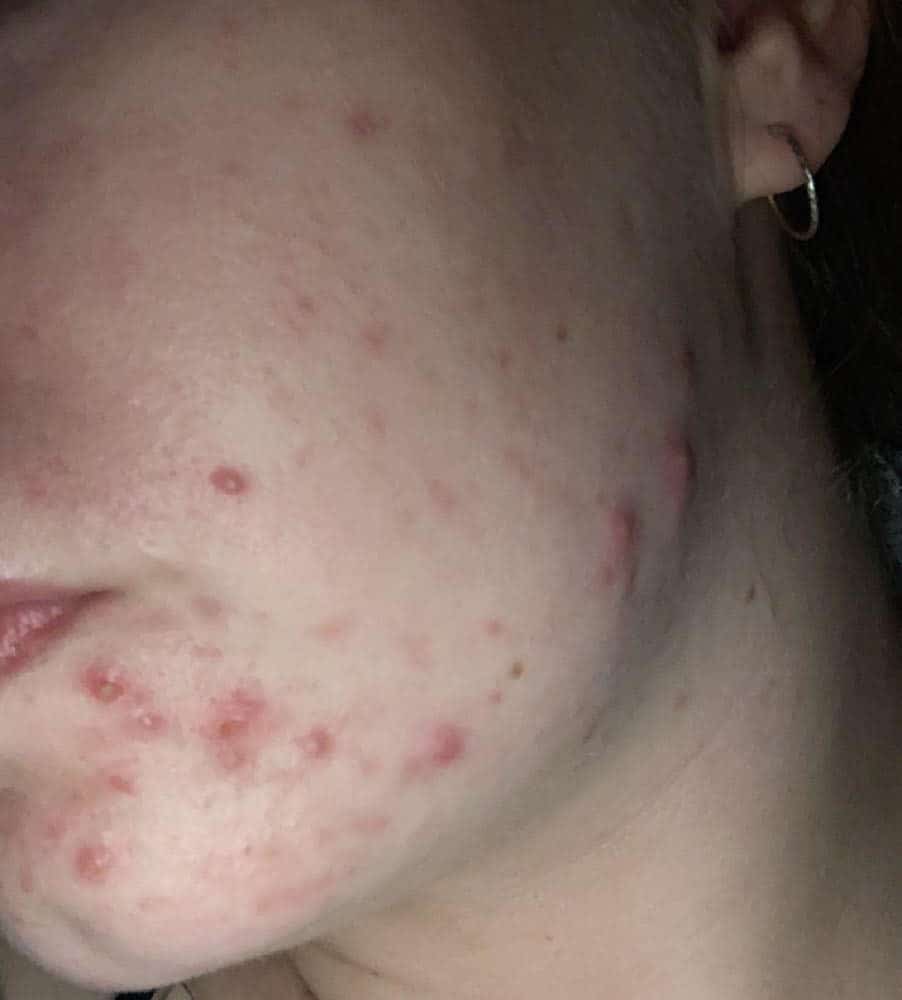
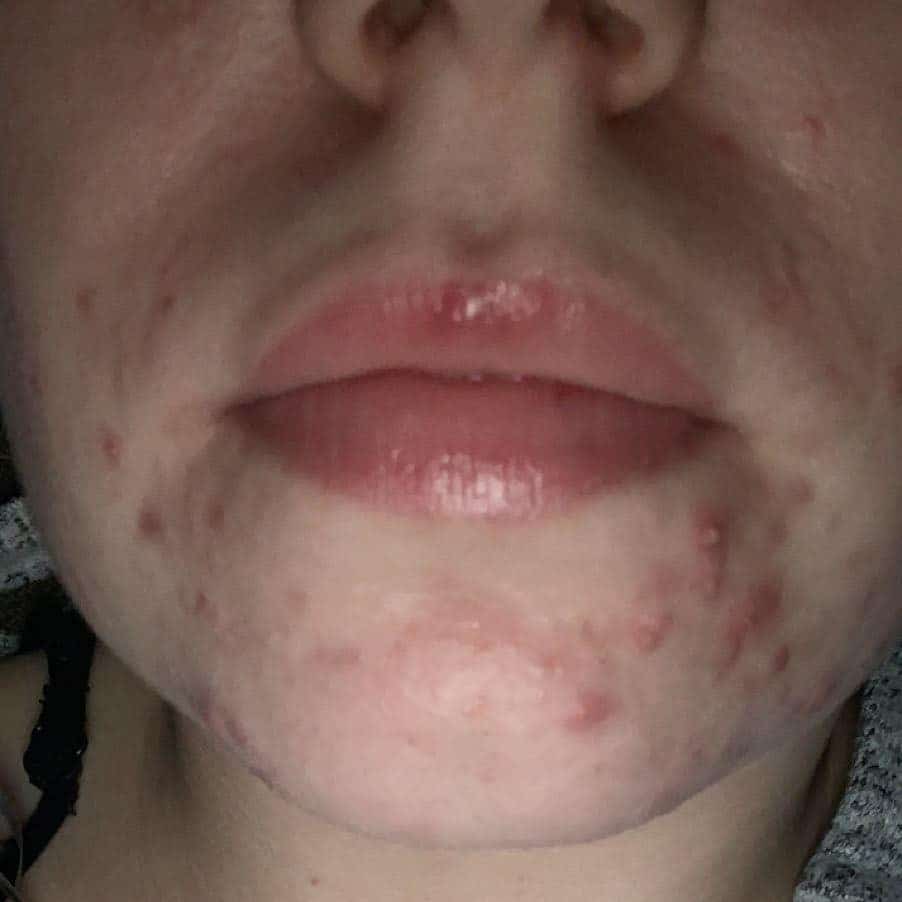
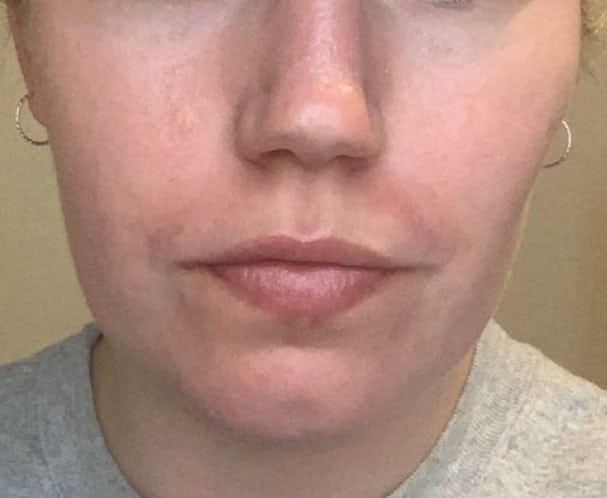
Isotretinoin or Roaccutane treatment is something that should be discussed in depth with your healthcare provider. It is a really intensive treatment that can affect your day-to-day life and shouldn’t be started if you’re not sure it’s for you. If you have any questions, write them down and be sure to ask a professional.
